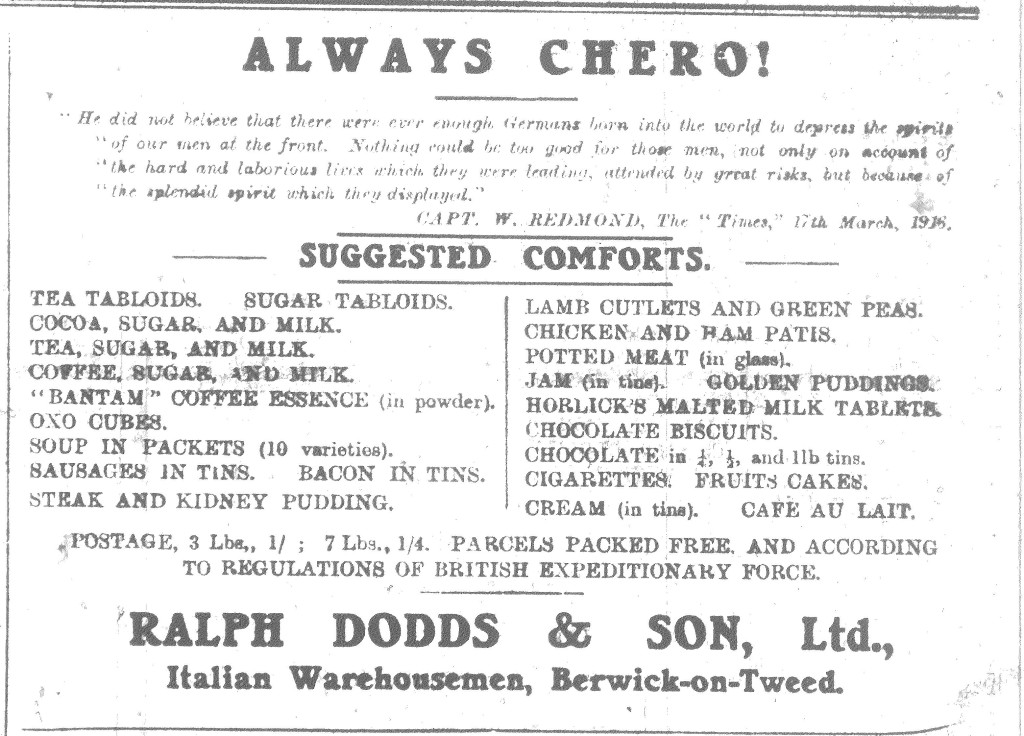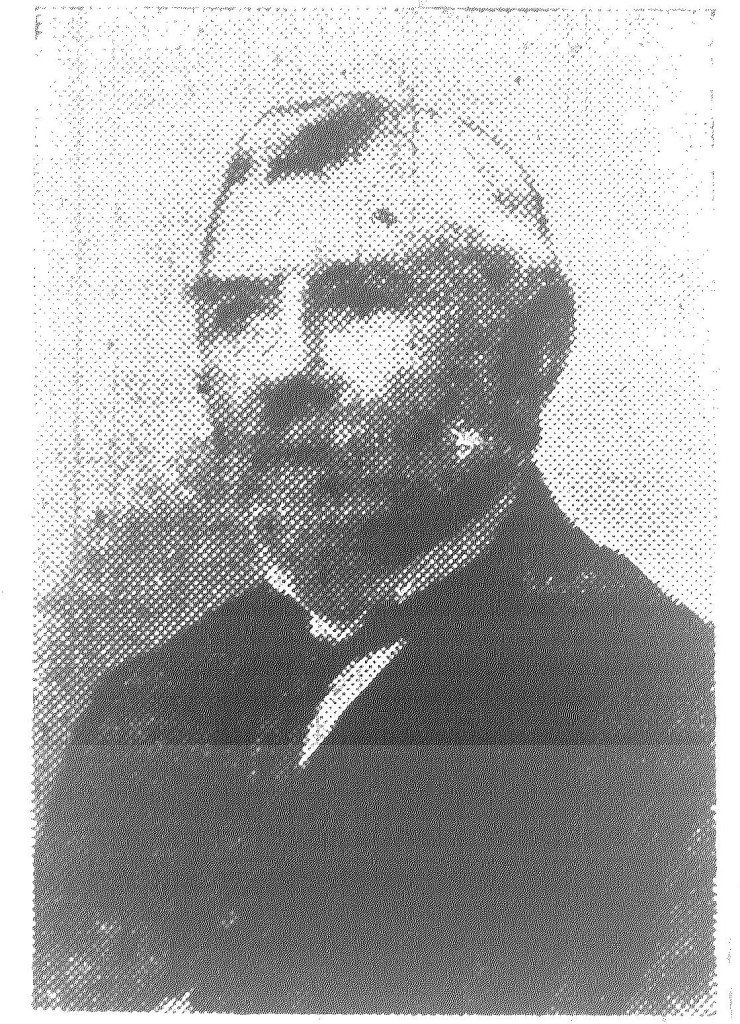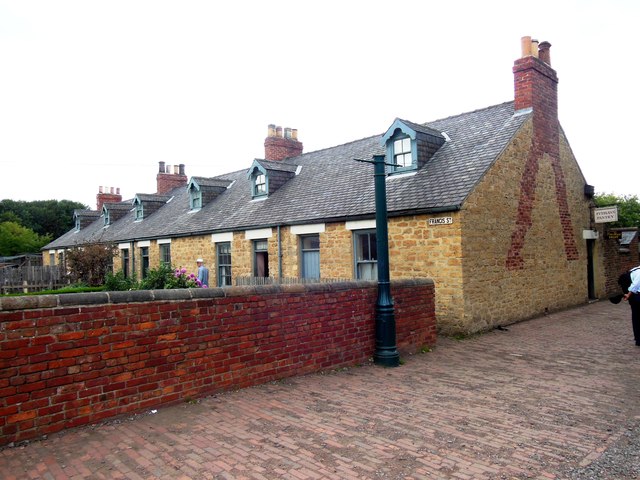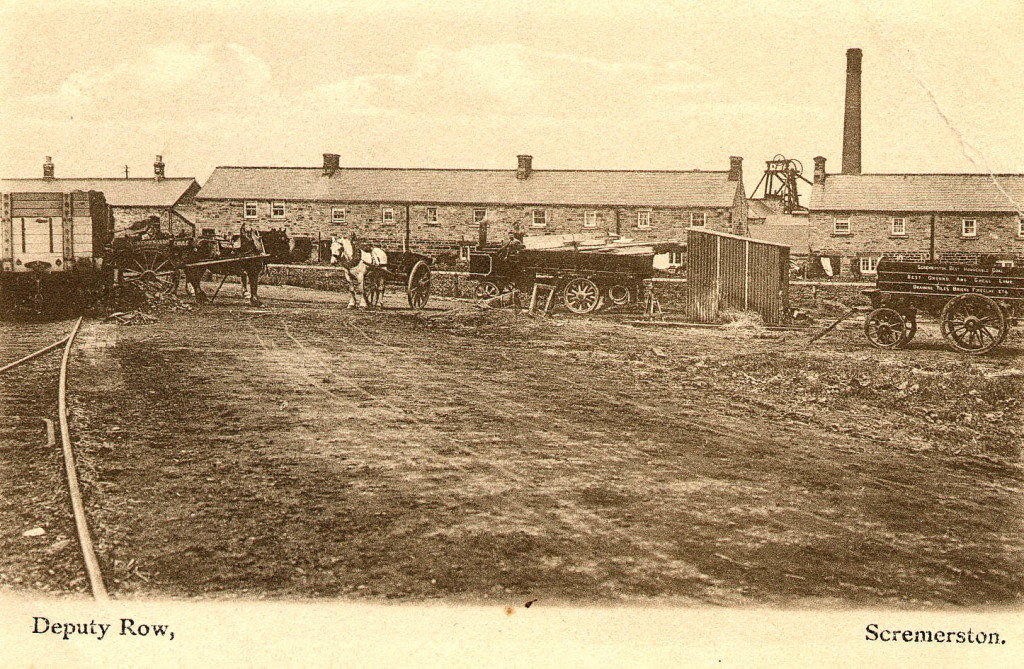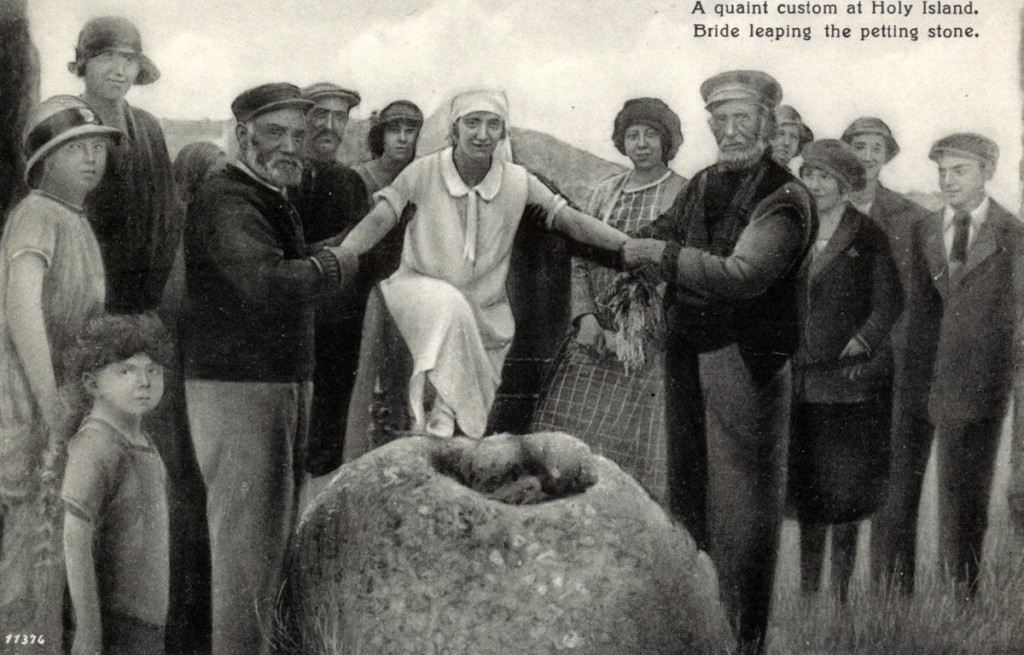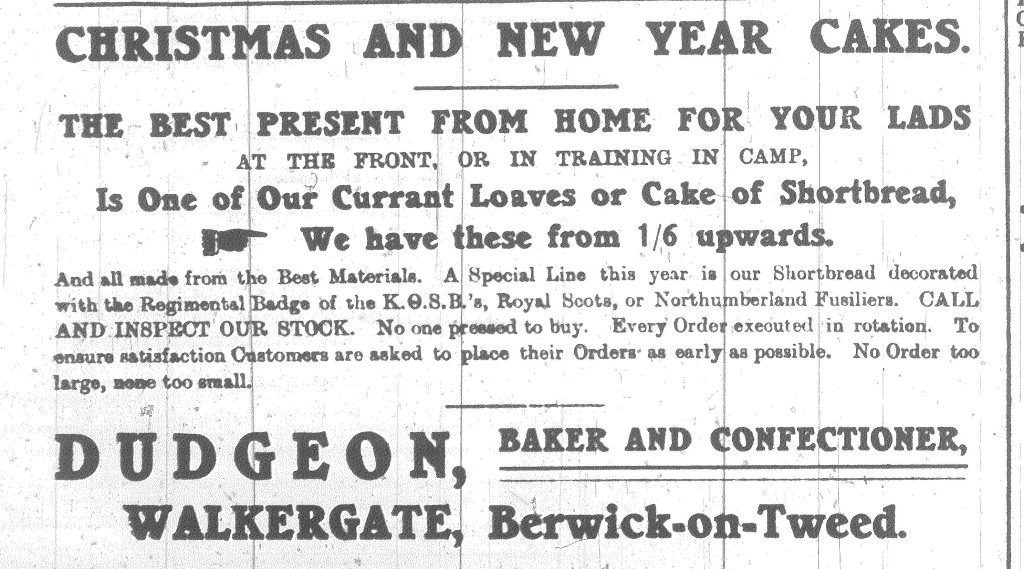BERWICK ADVERTISER, 19 MAY 1916
LOCAL NEWS
Mine Sweepers’ Pensions – The Admiralty have intimated that all mine sweepers injured in the course of duty, and not through culpable negligence, will receive a pension of twenty five shillings weekly, if totally incapacitated, and ten and sixpence if partially disabled, together with half-a-crown for each child. In the event of being killed, his widow will receive a weekly allowance varying from ten shillings to sixteen and sixpence, with a graduated scale for each child.
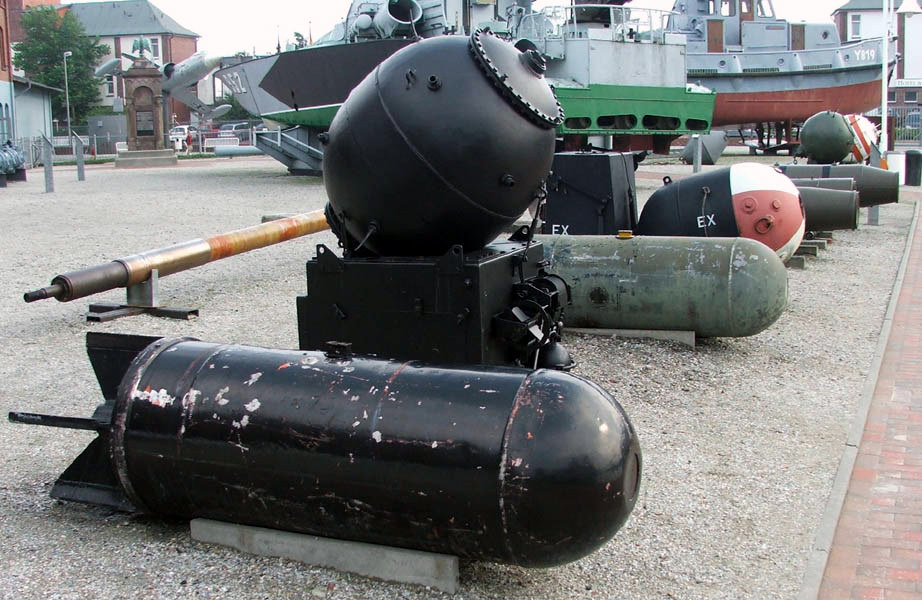
THE RISE IN FOOD PRICES
55 per cent. Since Beginning of War
The Board of Trade Labour Gazette, dealing with retail prices of food in the United Kingdom, states that on May 1 values showed an increase of about 4 per cent. as compared with April 1. Both beef and mutton indicated a rise of about 6 per cent., or from ½d to ¾d per lb, on the average. Potatoes showed an increase on the month of 42 per cent., whilst the increase in the tax on sugar was reflected in a rise in the retail price of about 10 per cent., or ½d per lb. The average prices of fish, bacon, and cheese were slightly higher at May 1 than a month earlier. Tea, milk, butter, and margarine showed little change in price, apart from an increase from 5d to 6d per quart of milk in a great part of London. The seasonal decline in the price of eggs continued. As compared with 1st May, 1915, the general level of prices showed an increase of about 23 per cent.
BERWICK PETTY SESSIONS
UNUSUAL CASE OF BRIGHT LIGHTS
Peter Richardson, Jun., Berwick, electrician, was charged with having on 8th May, failed to obscure light.
It appeared from statement by the Chief Constable that the accused was left in charge of the house of the Manager of the Electric Works at Bridge Terrace. He had visited the house during the day, and while doing so he had turned the light on, omitting to switch it off again. In the evening the light was observed by soldiers on guard at Bridge End, who ineffectually rung the bell.
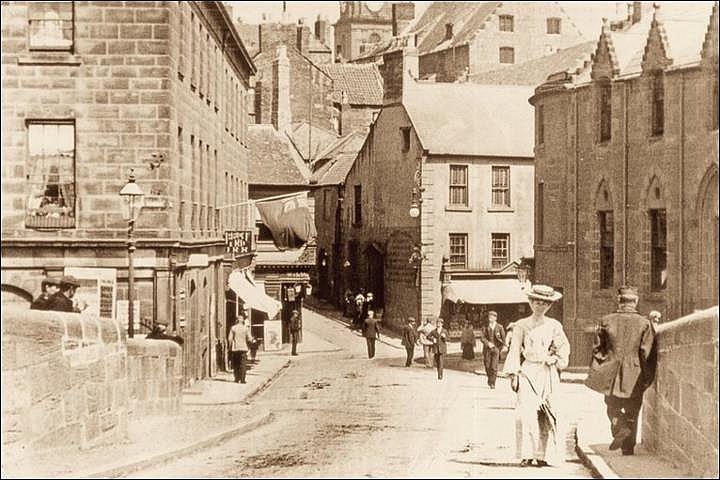
Police Constable Spiers was called, and got the accused out of bed and had the light extinguished.
The Chief Constable mentioned it was an unusual case, and he pressed for no vindictive sentence. The accused was 18 years of age. Fined 2s 6d
PRESENTATION OF SILVER CUP TO CAPTAIN EVELYN CARR
Interesting Function at Scremerston
There was a large and popular gathering of the villagers of Scremerston on Friday evening last in the Miners’ Institute for the purpose of welcoming and honouring Captain J. Evelyn Carr, Manager of the Colliery Company, presently home on leave from the Front.
The gallant Captain has been on active service since August 1914, and notwithstanding his arduous experiences he looked fit and well.
It was fittingly decided to present Captain Carr with a solid silver cup, a replica of the famous gold cup offered by the Highland Agricultural Society at their show held at Hawick in 1914. This cup is valued at 300 guineas, and was won by Capt. Carr with a rare exhibit of Leicester sheep entered against all comers in this particular class.
The presentation cup was filled by the Capt., and the company entertained to cake and wine.
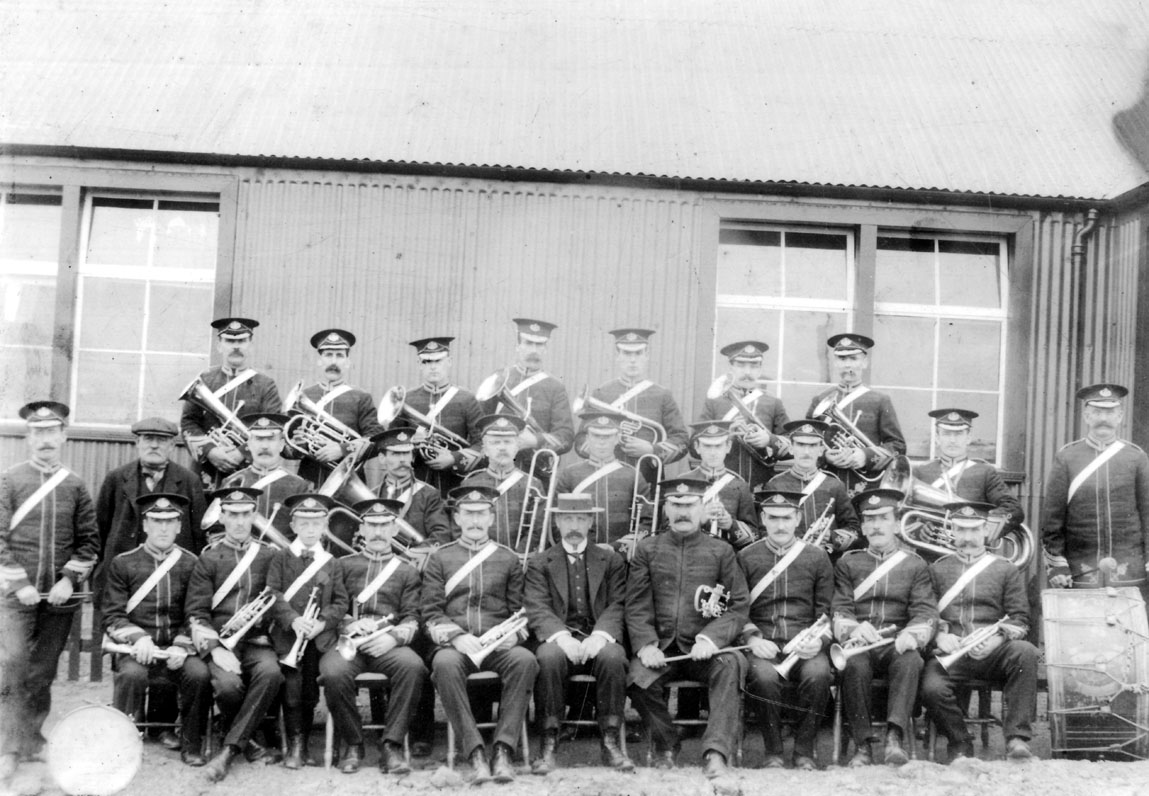
Mr Geo. W. Glahome presided, and during the evening a fine musical programme was sustained, a prominent feature being the Scremerston Silver Band under Mr Allan. The Scremerston Sketch Party submitted a short comedy, entitled “The Designing Woman,” which was greatly appreciated. Mr Whitfiled acted as leader of the party, and Misses Mason, Whitefiled, Jeanie Davidson, Messrs John Moore and Robert Foster all acted as capable artistes. Other songs were contributed. Among others present were Mrs Carr, Mr John Mitchell, Ancroft Town farm; Mr John Black, etc.
Captain Carr left for the Front on Sunday night.


